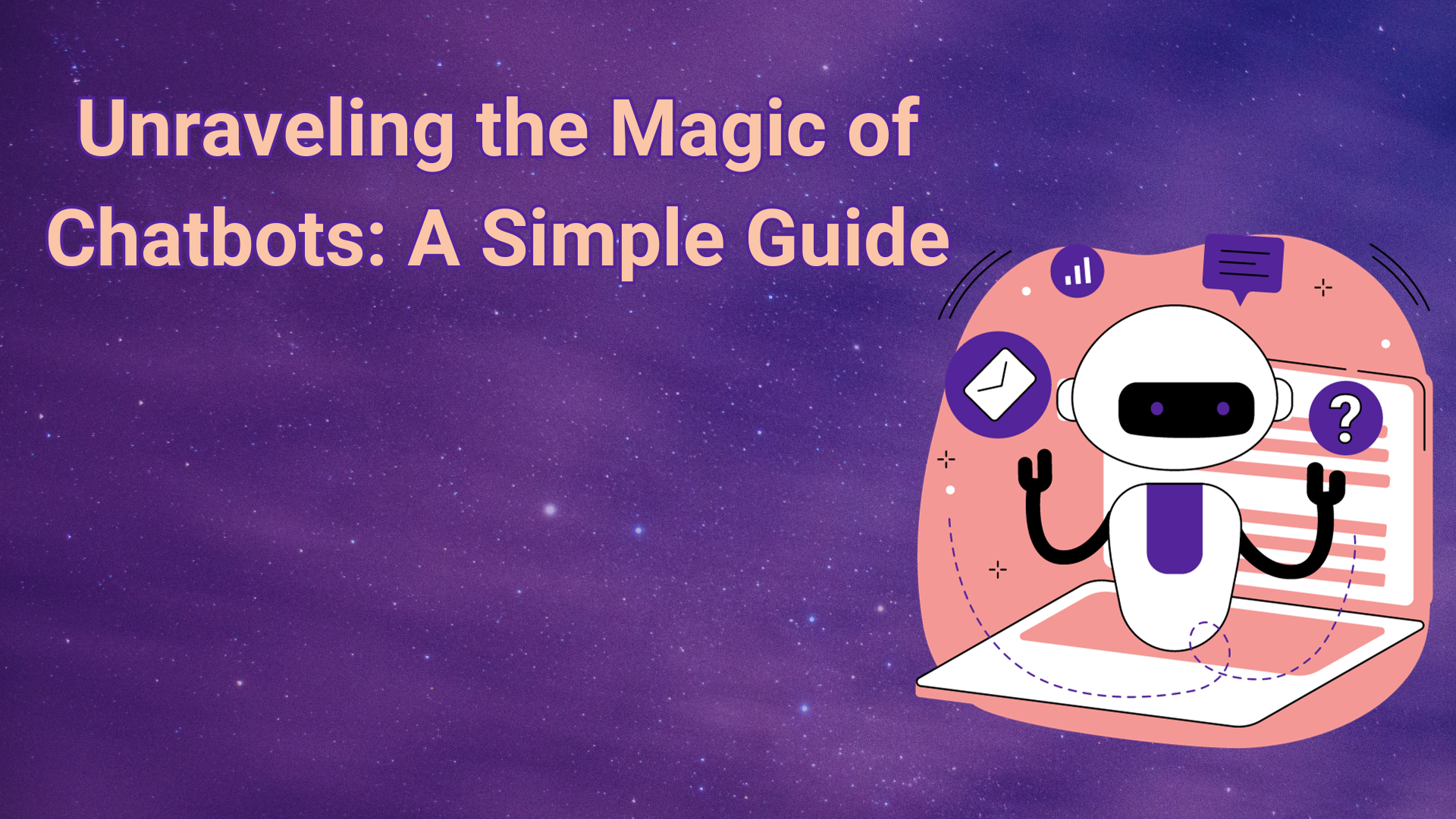So, you’ve decided to dive into the world of AI in 2024—congratulations! It’s an exciting time to get started, but with the large amount of tools, courses, and platforms available, it can feel a bit overwhelming to know where to begin. Don’t worry, though. Whether you’re a complete beginner or looking to sharpen your skills, there are plenty of fantastic resources out there to guide you on your journey.
To simplify your path, be sure to visit Dita Nova’s Resource Directory. It’s packed with AI and low-code resources, sorted by skill level, and is designed to empower you with the right tools and education.
You can jump right into the resources or keep reading if you need more detailed guidance on how to begin your AI journey.
1. Start with the Basics: AI Education for Beginners
If you’re new to AI, the best first step is to build a solid foundation in the basics. Luckily, there are numerous online courses and tutorials that make it easy to start learning right away.
One standout course for beginners is Elements of AI. This free course covers the fundamentals—what AI is, what’s possible (and not possible) with AI, and how it impacts our lives—all without complicated math or programming. It’s perfect for those with no coding background but who want to understand how AI can be applied in real-world scenarios.
For those interested in a bit of programming, I highly recommend Harvard’s CS50’s Introduction to AI with Python. It’s a deeper dive into AI using Python, and it’s one of the most respected beginner programming courses available.
2. Low-Code/No-Code AI Tools for Beginners
One of the best things about getting into AI today is that you don’t need to be a seasoned programmer to create AI solutions. Thanks to low-code and no-code platforms, even non-developers can build AI-powered applications.
A great starting point is 100 Days of No Code. This program offers a structured way to get hands-on experience building AI-powered applications without any programming. Their community and resources are especially helpful for those who want to create without diving too deep into coding.
For a bit of extra fun and exploration, visit There’s an AI for That. This site features newly added AI tools that you can browse and experiment with. Trust me—there’s always something new that catches my eye! Even if I don’t stick with every tool, it’s a great source of inspiration to see what’s possible.
3. Intermediate and Expert-Level AI Resources
Once you’ve mastered the basics, you’ll likely want to explore more advanced AI topics. Luckily, there’s no shortage of resources to help deepen your understanding of machine learning, natural language processing (NLP), or deep learning.
I’ve personally found Jose Portilla’s NLP with Python course on Udemy to be an excellent resource for intermediate learners. It’s hands-on and covers practical applications of NLP using Python.
For those looking to work with AI tools like GPT, OpenAI Python API Bootcamp is a great course to learn how to integrate AI, GPT, and other models into your projects.
If you’re more interested in staying updated on the latest trends, tools, and innovations, the Neuron Newsletter is a fantastic resource. It provides regular updates on cutting-edge developments in the AI space, helping you stay ahead of the curve.
4. AI Communities and Networking Opportunities
No AI journey is complete without getting involved in the community. Being part of an AI community not only keeps you updated with the latest trends but also provides invaluable support and networking opportunities.
For example, AI Alignment Forum is a well-known community focused on discussions around AI safety and the long-term impact of artificial intelligence. It’s perfect for those interested in the ethical implications of AI.
Another excellent way to start building your AI network is by subscribing to Andrew Bolis’ Newsletter. Andrew shares valuable insights on AI developments and fosters a community of readers who are passionate about AI. It’s a great way to learn and engage in discussions with fellow readers.
And don’t forget about LinkedIn—it’s a fantastic platform for networking in the AI space. Follow experts like Matt Village and Andrew Bolis on LinkedIn, where they regularly post about AI advancements. You can engage in discussions, ask questions, and connect with professionals who share your interests.
With so many great tools, courses, and communities available, there’s no better time to begin your AI journey. Whether you’re a complete novice or ready to tackle advanced concepts, these resources will help guide you every step of the way.
And remember, if you need a one-stop shop for curated AI and low-code resources, be sure to visit the Dita Nova Resource Directory. Happy learning!



